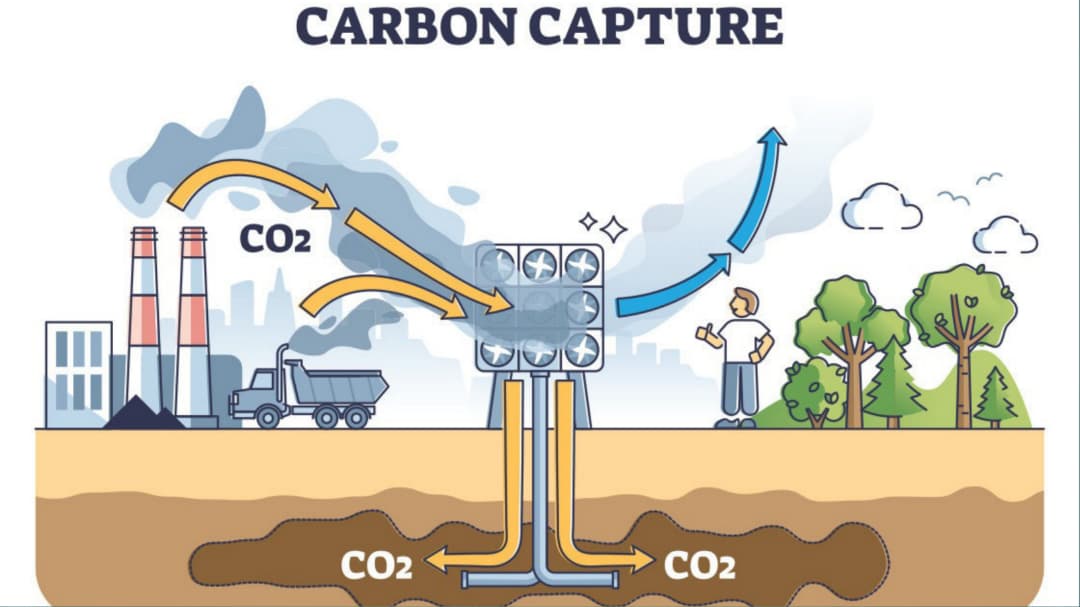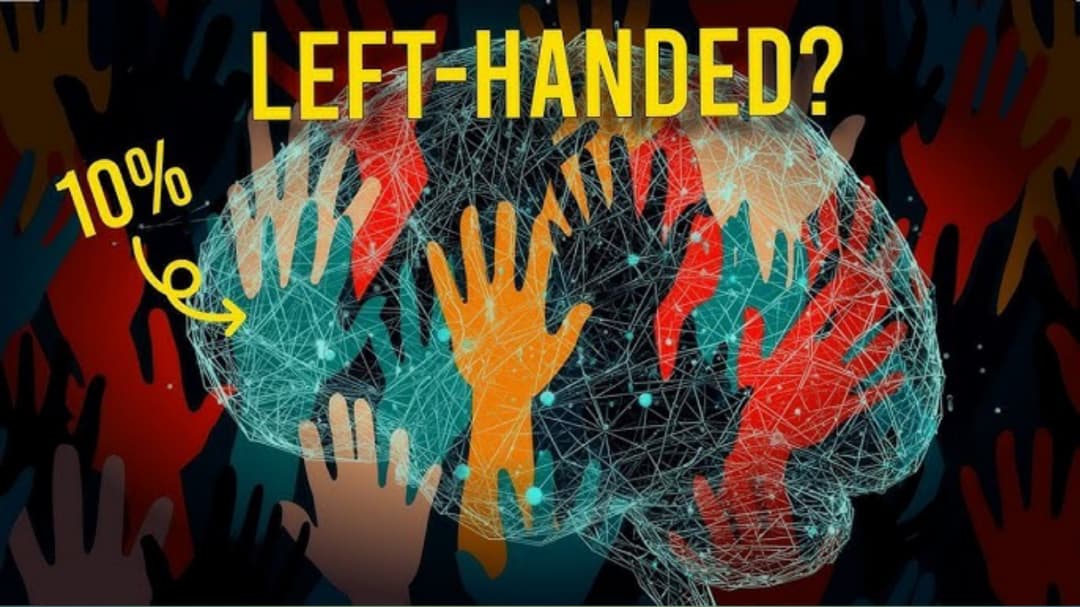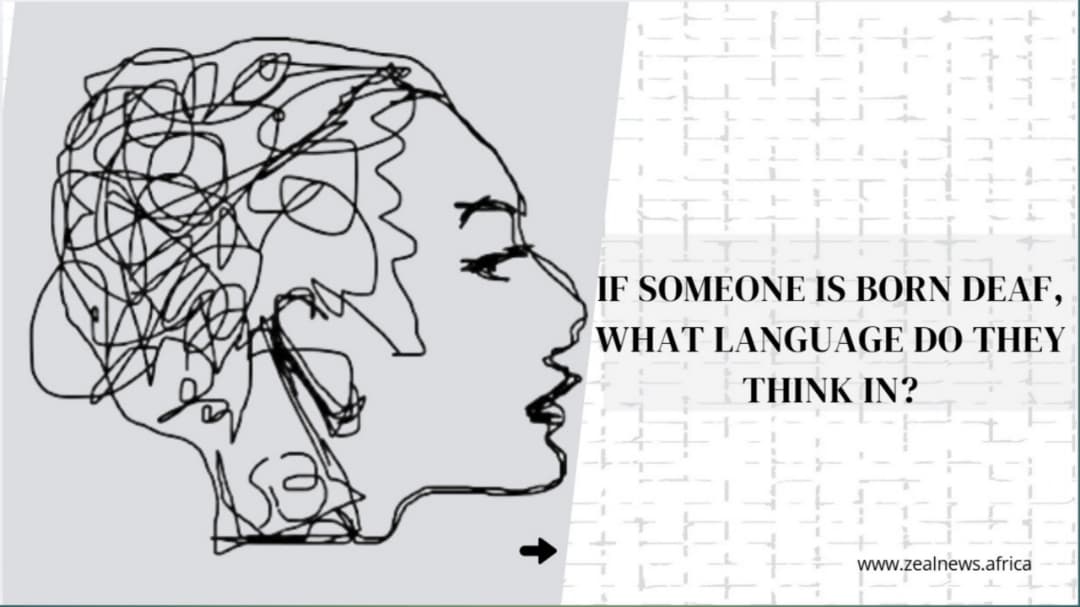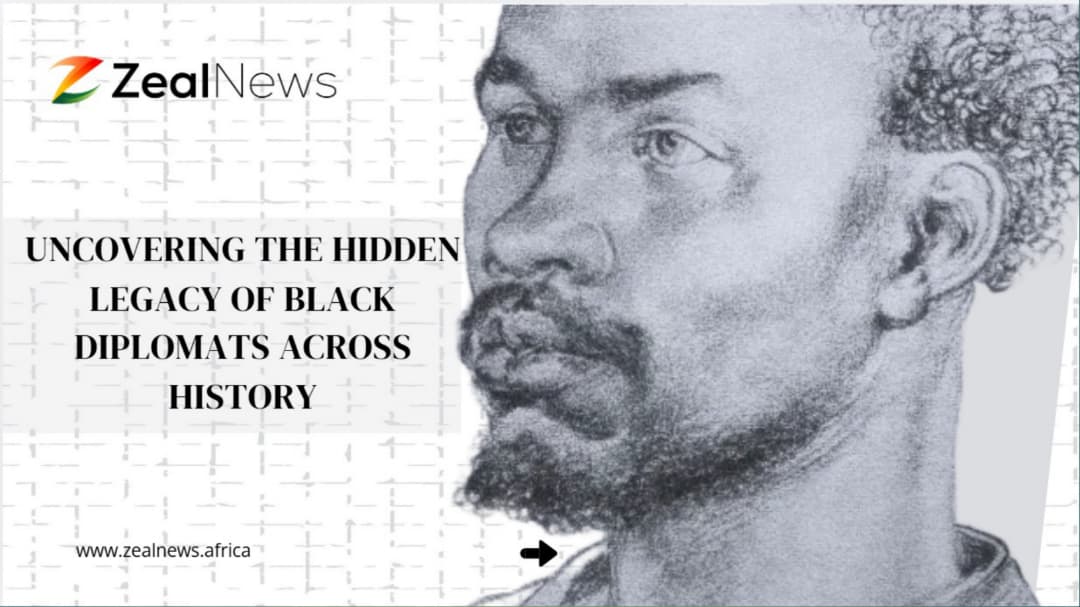Can Technology Finally End Malaria?
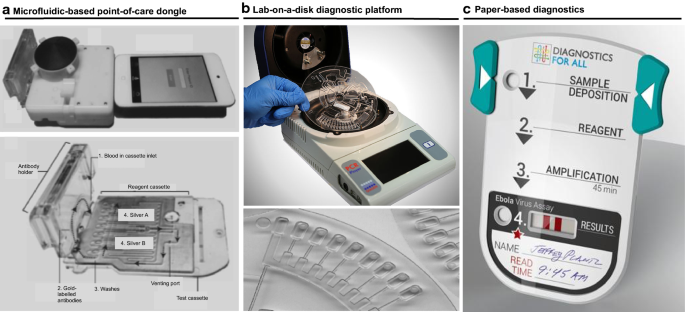
For decades, malaria has been both a tragedy and a teacher, a reminder of how inequality, weak systems, and environmental neglect intertwine. In Nigeria, the world’s malaria capital, the disease still claims more lives than car accidents and armed conflicts combined. Yet, today, science is whispering a different story, one powered by innovation, data, and courage.
The question remains: Can technology finally end malaria, or will it simply reframe the fight?
The Enduring Weight of a Preventable Disease
Malaria remains one of the world’s oldest diseases and one of its most stubborn. According to the World Health Organization (WHO), Africa accounted for about 94% of global malaria cases and 95% of deaths in 2023. Nigeria alone bears nearly one-third of global malaria mortality.
Each infection represents not just a medical emergency, but an economic setback. Parents miss work. Children skip school. Rural economies slow down. The disease keeps families trapped in cycles of poverty, a tragedy that technology now aims to rewrite.
Gene Drives: Turning the Mosquito Against Itself
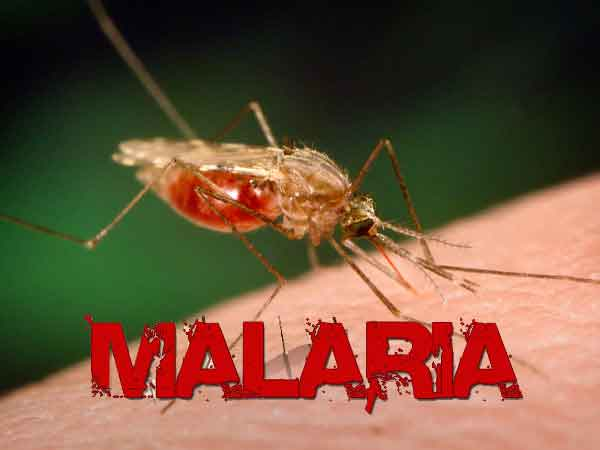
Across African research hubs, scientists are reimagining what it means to fight mosquitoes. Instead of just spraying insecticides, they are reprogramming the insects themselves. Through gene drive technology, experts can engineer mosquitoes that either die before reaching maturity or lose the ability to transmit malaria parasites.
The Target Malaria Project, backed by African and global institutions, is pioneering this breakthrough. In Burkina Faso, the first field trials released genetically modified mosquitoes into controlled environments, marking a historic moment for African-led genetic science.
These modified mosquitoes carry a sterility gene that prevents offspring from surviving, effectively reducing the mosquito population naturally. It’s a bold, sustainable alternative to chemical control.
Yet ethical questions persist. Could tampering with mosquito genetics cause unforeseen ecological consequences? Scientists argue that with strict regulation and transparency, the benefits outweigh the risks, especially in a continent where malaria kills a child every minute.
Digital Health: Bringing Detection to the Palm of a Hand
In the race to end malaria, data is becoming as powerful as medicine. Digital tools are transforming how malaria is detected, tracked, and treated especially in rural Africa, where laboratory infrastructure is limited.
Startups across Nigeria, Kenya, and Ghana are developing AI-driven diagnostic tools that use mobile phones to identify malaria parasites. The FeverPhone Project from Stanford and African collaborators, for instance, transforms an ordinary smartphone into a microscope. A health worker can upload a drop of blood image, and AI instantly determines if malaria parasites are present.
In Nigeria, healthtech platforms like Helium Health are digitalizing patient records, ensuring that malaria data no longer dies in paper files. This real-time visibility allows the government and international organizations to respond swiftly to outbreaks.
Apps like Zuri Health are also connecting patients with verified doctors for remote consultations, closing the access gap that once isolated rural patients from reliable care.
Data and Drones: Tracking Mosquitoes from the Sky
Technology is even changing how mosquitoes are hunted. Through the integration of AI mapping, satellite data, and drones, public health teams can now spot breeding sites long before outbreaks occur.
The ZzappMalaria platform is leading this frontier. It combines machine learning and geospatial analytics to predict mosquito breeding zones. In Zanzibar, this innovation helped achieve a 70% reduction in malaria prevalence.
Nigeria’s Tech4Dev and NMEP (National Malaria Elimination Programme) are exploring similar tools to identify stagnant water clusters and predict transmission peaks. With climate change altering rainfall patterns, these predictive systems could mean the difference between containment and crisis.
Vaccines and African-Led Biotech Revolution
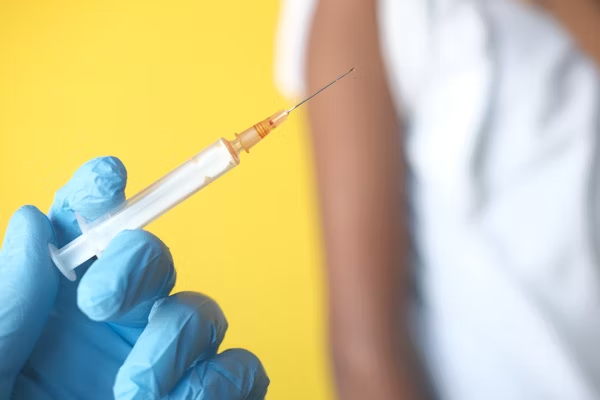
For the first time in history, Africa is not just receiving vaccines, it is developing them. The introduction of R21/Matrix-M, a highly effective malaria vaccine developed by Oxford University and produced by the Serum Institute of India, was a major leap.
Nigeria and Ghana became the first countries to approve and roll out the R21 vaccine, achieving what many experts once thought impossible. With efficacy exceeding 75%, the vaccine gives renewed hope for the continent’s youngest population, the ones most at risk.
Meanwhile, biotech companies like 54gene in Nigeria and Afrigen Biologics in South Africa are pushing local genomic research, tracking resistant malaria strains, and improving vaccine adaptation to African environments.
The global attention this has attracted is redefining Africa’s scientific identity. Once seen as a receiver of aid, Africa is now becoming a producer of innovation.
Smart Nets, Smart Medicine
Even traditional prevention tools are getting smarter. Engineers are now producing sensor-equipped mosquito nets that detect usage patterns and send data to public health dashboards.
On the pharmaceutical front, the rise of digital pharmacies such as mPharma ensures that malaria drugs are authentic, affordable, and traceable. This combats the scourge of counterfeit medication, which kills thousands yearly across the continent.
Additionally, blockchain-based supply chain systems are helping governments ensure transparency in drug distribution, minimizing leakages and corruption.
Economic Perspective: Why Malaria Is an Innovation Problem
Malaria drains Africa’s economy of over $12 billion annually, according to the World Bank. Each infection reduces productivity, increases absenteeism, and slows human capital growth.
Technology isn’t just a health intervention, it’s an economic strategy. By investing in innovation, African nations could reclaim billions in lost GDP, redirecting them into education, entrepreneurship, and infrastructure.
The Gates Foundation, UNICEF, and Nigeria’s Federal Ministry of Health are now channeling funding into tech-enabled malaria interventions. This collaborative model ensures that innovation becomes sustainable, not donor-dependent.
From Aid to Autonomy: A New Phase in Africa’s Health Story
Perhaps the most profound shift is not in technology itself, but in ownership. For decades, malaria projects were imported, designed elsewhere and tested in Africa. Now, African scientists, data analysts, and entrepreneurs are driving local solutions that reflect the continent’s realities.
Initiatives like African Institute for Mathematical Sciences (AIMS) and WaleLab Research Network are building capacity for homegrown innovation. Nigerian universities are also producing more bioengineers, data scientists, and epidemiologists than ever before.
This is Africa’s quiet revolution not just surviving disease, but leading the science to end it.
The Social Dimension: Tech Can’t Cure Inequality
Despite the promise of technology, malaria remains deeply social. Poor housing, urban flooding, and inadequate healthcare access still fuel the disease’s persistence. A community without drainage will always breed mosquitoes, no matter how advanced the diagnostics.
To truly end malaria, innovation must meet equity. That means building stronger healthcare infrastructure, improving waste management, and ensuring digital tools reach rural communities where malaria hits hardest.
Even the smartest algorithm cannot replace political will, a truth Africa continues to wrestle with.
The Fight Needs Trust as Much as Tech
The road to a malaria-free Africa depends on one invisible ingredient: trust. Vaccine hesitancy and misinformation still threaten public health campaigns. Many rural communities still believe malaria is caused by spiritual forces, not parasites.
This is why technology must walk hand in hand with education and storytelling. Every app, gene-drive project, or vaccine rollout must come with community engagement. When people understand the science, they embrace it.
A Future Within Reach
For centuries, malaria defined Africa’s limits. Today, it could define Africa’s strength. From gene editing in Burkina Faso to AI diagnostics in Nigeria and vaccine breakthroughs in Ghana, the tools to defeat malaria already exist.
What remains is the coordination and the courage to deploy them at scale.
Africa’s innovators have shown that the future doesn’t need to wait for permission. The next time we talk about malaria, it may no longer be a story of endurance but of victory written by a continent that chose to outsmart the mosquito.
You may also like...
Bundesliga's New Nigerian Star Shines: Ogundu's Explosive Augsburg Debut!

Nigerian players experienced a weekend of mixed results in the German Bundesliga's 23rd match day. Uchenna Ogundu enjoye...
Capello Unleashes Juventus' Secret Weapon Against Osimhen in UCL Showdown!

Juventus faces an uphill battle against Galatasaray in the UEFA Champions League Round of 16 second leg, needing to over...
Berlinale Shocker: 'Yellow Letters' Takes Golden Bear, 'AnyMart' Director Debuts!

The Berlin Film Festival honored
Shocking Trend: Sudan's 'Lion Cubs' – Child Soldiers Going Viral on TikTok

A joint investigation reveals that child soldiers, dubbed 'lion cubs,' have become viral sensations on TikTok and other ...
Gregory Maqoma's 'Genesis': A Powerful Artistic Call for Healing in South Africa

Gregory Maqoma's new dance-opera, "Genesis: The Beginning and End of Time," has premiered in Cape Town, offering a capti...
Massive Rivian 2026.03 Update Boosts R1 Performance and Utility!

Rivian's latest software update, 2026.03, brings substantial enhancements to its R1S SUV and R1T pickup, broadening perf...
Bitcoin's Dire 29% Drop: VanEck Signals Seller Exhaustion Amid Market Carnage!

Bitcoin has suffered a sharp 29% price drop, but a VanEck report suggests seller exhaustion and a potential market botto...
Crypto Titans Shake-Up: Ripple & Deutsche Bank Partner, XRP Dips, CZ's UAE Bitcoin Mining Role Revealed!

Deutsche Bank is set to adopt Ripple's technology for faster, cheaper cross-border payments, marking a significant insti...



